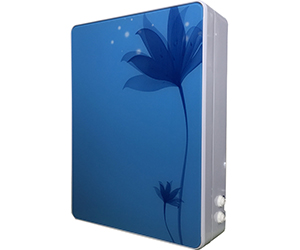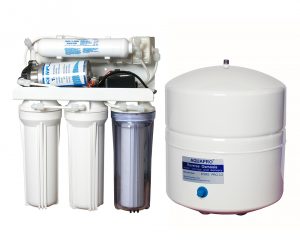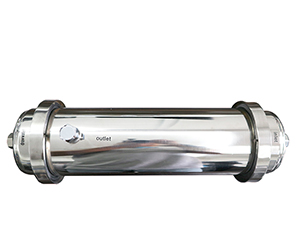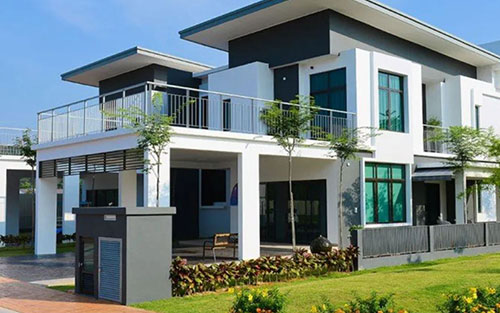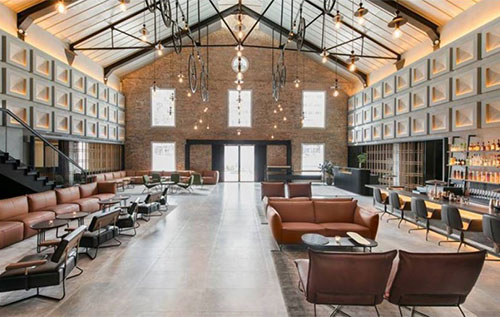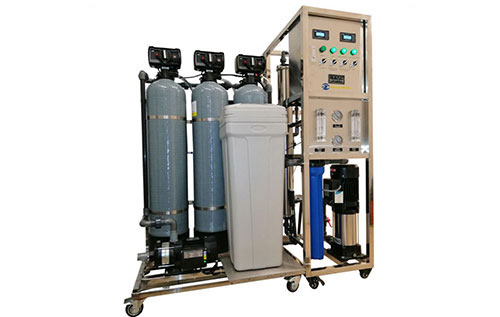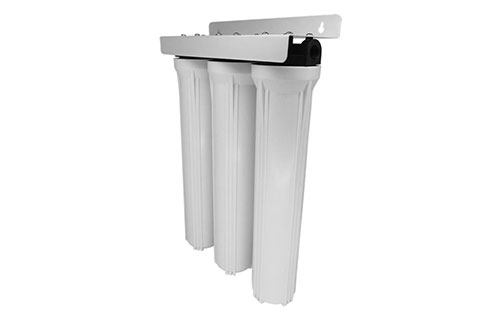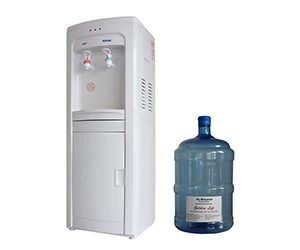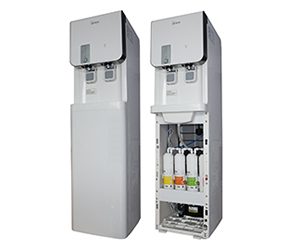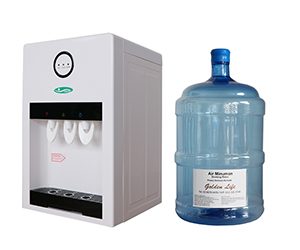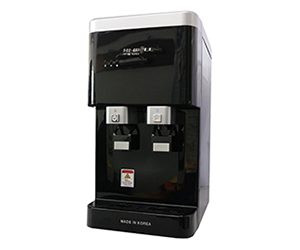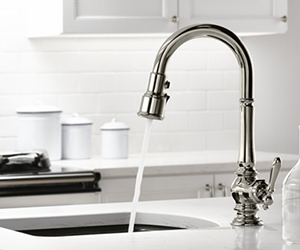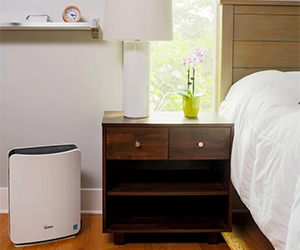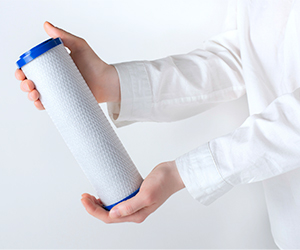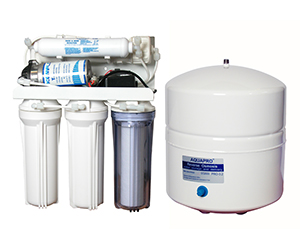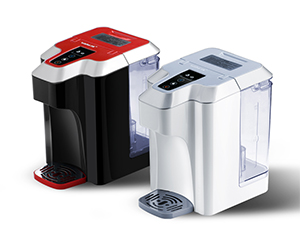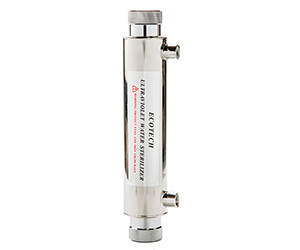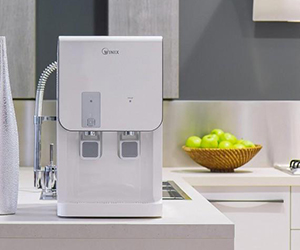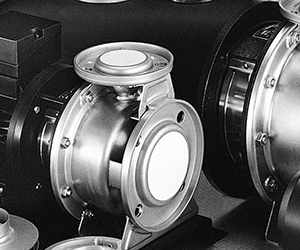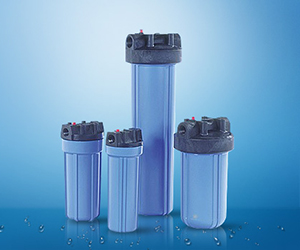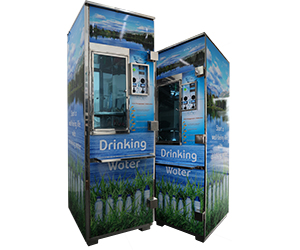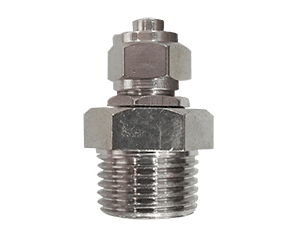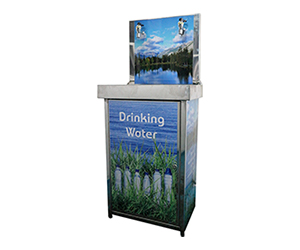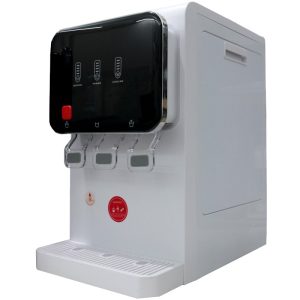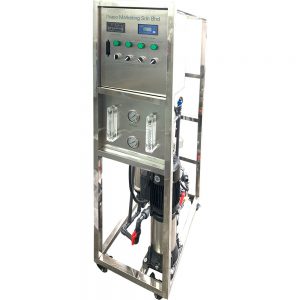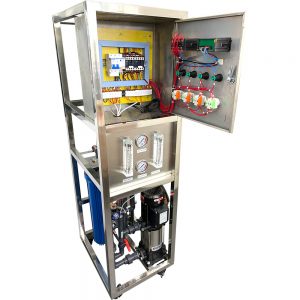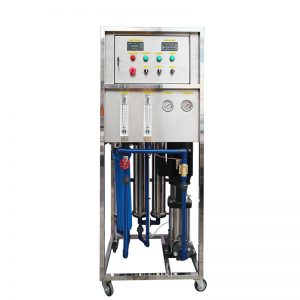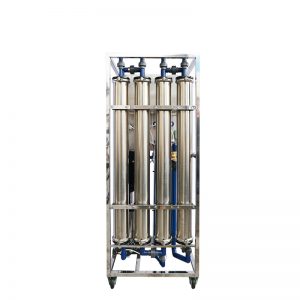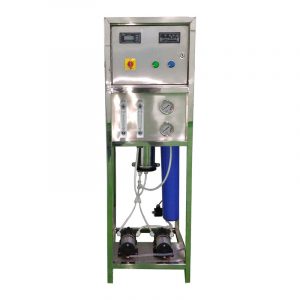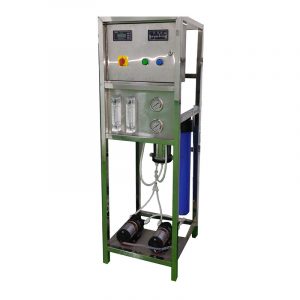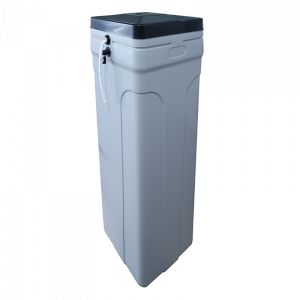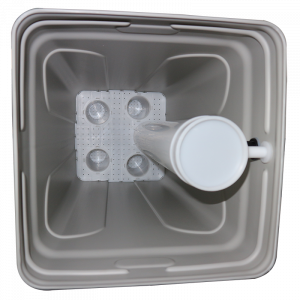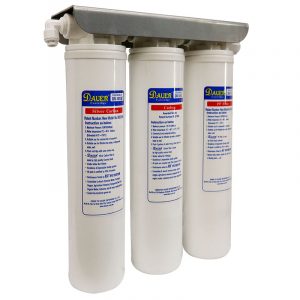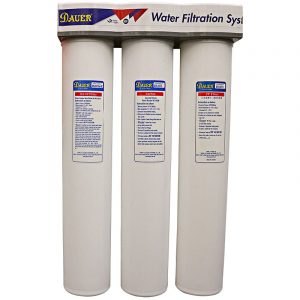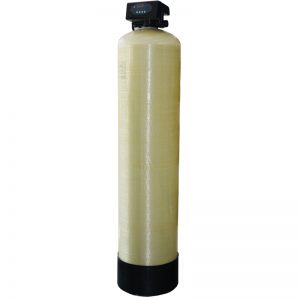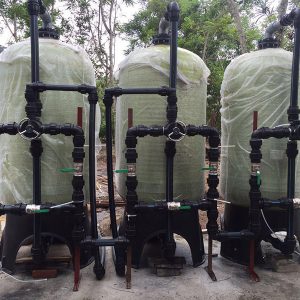Multi-tank water softeners include separate resin and brine tanks that work in tandem to soften water for commercial use. Commercial water softeners are built to withstand constant use in hotels, restaurants, and large institutional facilities.
Industrial water softeners treat your water for industrial use by removing hardness from the water using resin. The resin acts as industrial hard water treatment and replaces the hardness in the water with salt (brine) that is regenerated periodically. This process is called ion exchange, and removes harsh manganese, iron, calcium, and magnesium ions from your incoming water supply. With softening, you will: use less detergent, see reduced hard water build-up, save on repairs from unnecessary wear and tear to industrial equipment, and be able to conduct business more effectively. From complex manufacturing to doing laundry.
How to Size Your Commercial Water Softener System
A commercial softener is sized based on two different parameters:
- Exchange Capacity – The quantity of water delivered between regenerations. It also depends on the amount of ion exchange resin in the softener and quantity of salt used for resin regeneration.
- Maximum Flow Rate – The maximum quantity of water required at any peak usage period. It’s important to document this data in case of a non-continuos water delivery and it is measured in gallons per minute (GPM)
Benefits of Commercial & Industrial Water Softeners
The benefits of commercial and industrial water softener solutions are endless, but some key highlights include:
- Reduced Chemical Consumption / Costs
- Reduced Energy Usage
- Extended Equipment / Appliance Life
- Lower Repair & Maintenance Costs
- More Consistent Water Quality
Applications for Water Softeners
There are numerous uses for commercial water softener systems, including applications in the following industries:
- Food and Beverage
- Manufacturing
- Medical
- Pharmaceutical
- Service/Tourism
- Agricultural
- Commercial

